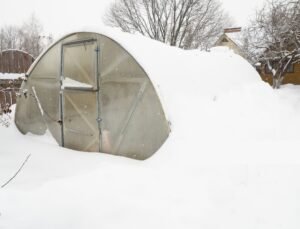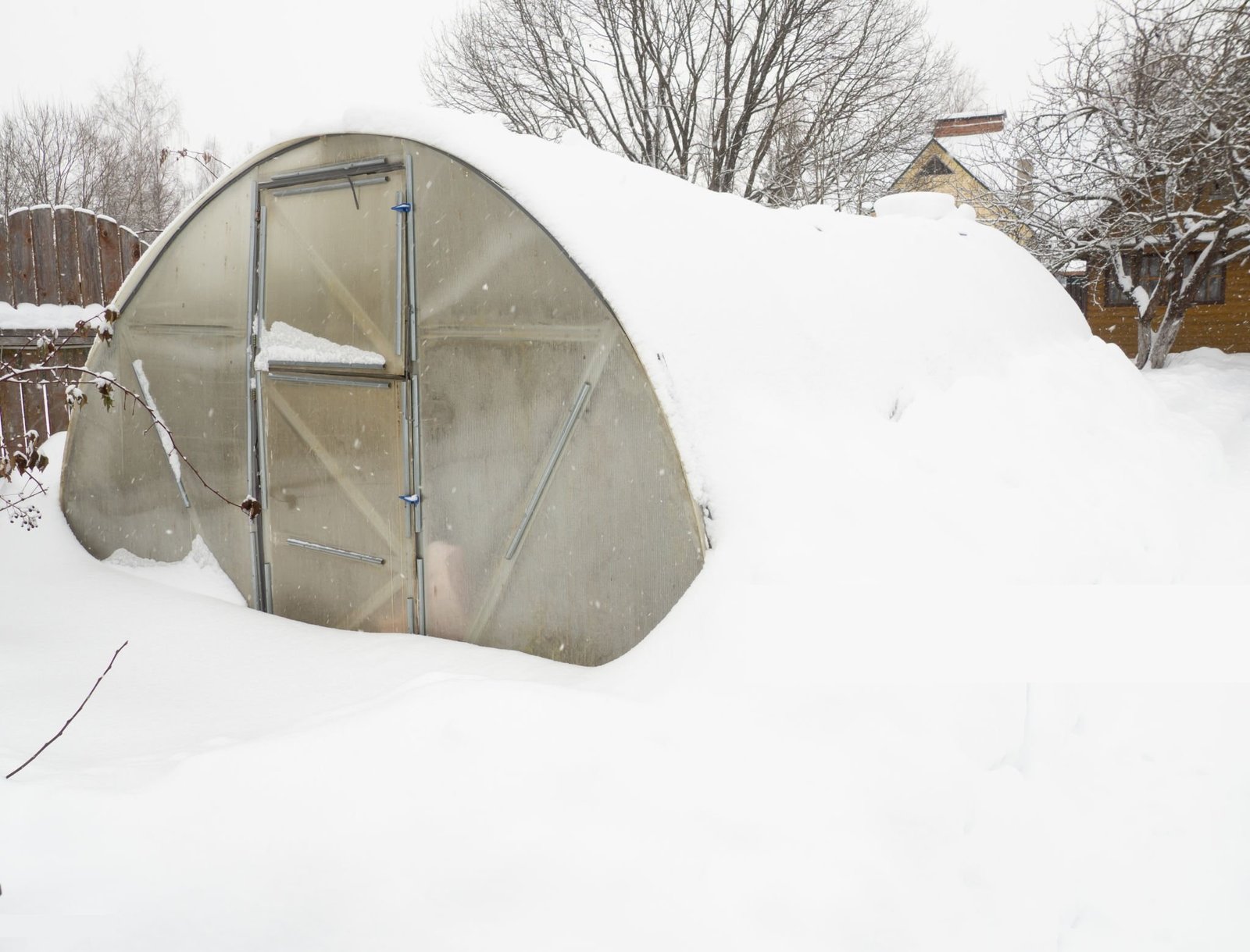Snow, often seen as a serene and transformative aspect of winter, holds hidden advantages for gardens and plants. Beyond its picturesque appearance, snow provides an array of benefits that contribute to the health and vitality of garden ecosystems. Let’s explore the positive impacts of snow, ranging from insulation and moisture retention to disease control and habitat support for beneficial organisms.

- Insulation and Temperature Moderation: Snow acts as a natural insulator, forming a protective layer over plants and soil. This insulation helps moderate temperature fluctuations, preventing soil from freezing too deeply. Perennial plants, in particular, benefit from this protective layer, as it shields them from the harsh winter elements.
- Moisture Contribution: The melting of snow contributes valuable moisture to the soil. In winter, when precipitation in the form of rain is limited, the slow melting of snow allows for gradual soil penetration, reducing the risk of runoff. This moisture infusion is crucial for sustaining plant life during the dormant winter months.
- Frost Protection: Snow functions as a blanket, safeguarding plants from extreme cold temperatures and frost. By preventing frost from penetrating the ground, snow cover shields plants from potential damage, ensuring their resilience in the face of challenging winter conditions.
- Nitrogen Fixation: Snow plays a role in nitrogen fixation. As it falls, snow captures atmospheric nitrogen, releasing it into the soil during the melting process. Nitrogen, an essential nutrient for plant growth, is thus made available to plants in a natural and beneficial manner.
- Reflective Surface and Enhanced Sunlight: The reflective surface of snow enhances sunlight availability during the winter months. This reflected light can be particularly advantageous in regions where winter sunlight is limited, providing an additional source of energy for plants.
- Disease Control: Snow cover contributes to disease control by creating unfavorable conditions for certain plant pathogens and pests. The cold temperatures and moisture limit the activity of these detrimental organisms, fostering a healthier garden environment.
- Soil Structure Improvement: The gradual melting of snow releases water into the soil, contributing to improved soil structure. This process helps prevent soil compaction and erosion, promoting a conducive environment for plant root systems.
- Habitat for Beneficial Organisms: Snow provides habitat and protection for beneficial insects and microorganisms that play a vital role in garden ecosystems. These organisms contribute to soil fertility and help control pest populations, establishing a balanced and sustainable environment.
The seemingly tranquil presence of snow in winter landscapes conceals a multitude of benefits for gardens and plants. From insulating and protecting plants to contributing moisture, enhancing sunlight, and fostering a balanced ecosystem, snow plays a crucial role in maintaining the health and vitality of garden environments. While appreciating the aesthetic beauty of snow, gardeners should also recognize and harness its positive effects for the benefit of their plants and the overall resilience of the garden ecosystem.



